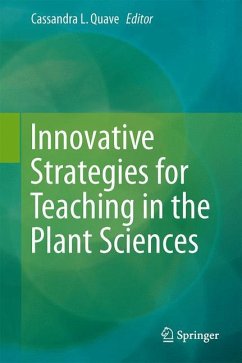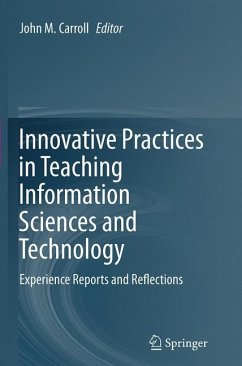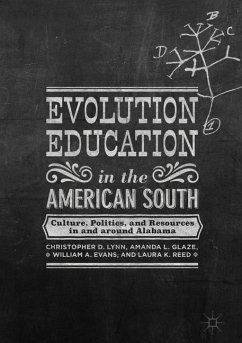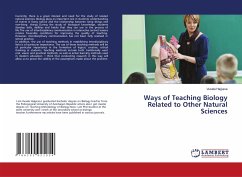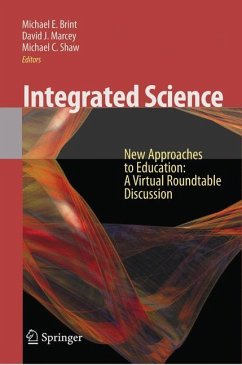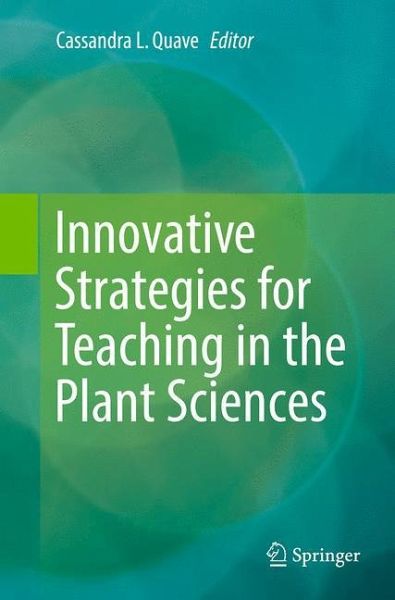
Innovative Strategies for Teaching in the Plant Sciences
Versandkostenfrei!
Versandfertig in 6-10 Tagen
76,99 €
inkl. MwSt.

PAYBACK Punkte
38 °P sammeln!
Innovative Strategies for Teaching in the Plant Sciences focuses on innovative ways in which educators can enrich the plant science content being taught in universities and secondary schools. Drawing on contributions from scholars around the world, various methods of teaching plant science is demonstrated. Specifically, core concepts from ethnobotany can be used to foster the development of connections between students, their environment, and other cultures around the world. Furthermore, the volume presents different ways to incorporate local methods and technology into a hands-on approach to ...
Innovative Strategies for Teaching in the Plant Sciences focuses on innovative ways in which educators can enrich the plant science content being taught in universities and secondary schools. Drawing on contributions from scholars around the world, various methods of teaching plant science is demonstrated. Specifically, core concepts from ethnobotany can be used to foster the development of connections between students, their environment, and other cultures around the world. Furthermore, the volume presents different ways to incorporate local methods and technology into a hands-on approach to teaching and learning in the plant sciences.
Written by leaders in the field, Innovative Strategies for Teaching in the Plant Sciences is a valuable resource for teachers and graduate students in the plant sciences.
Written by leaders in the field, Innovative Strategies for Teaching in the Plant Sciences is a valuable resource for teachers and graduate students in the plant sciences.



